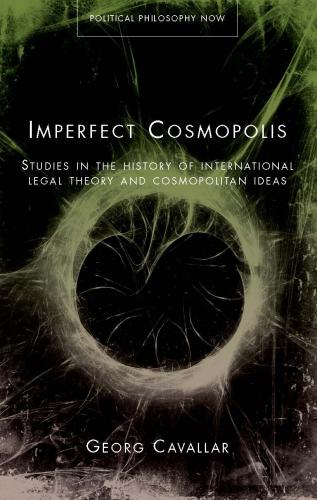as well as moral or human rights cosmopolitanism. His most succinct statement on commerce is in the second part of
The Rights of Man (1792): ‘I have been an advocate for commerce, because I am a friend of its effects. It is a pacific system, operating to unite mankind by rendering nations, as well as individuals, useful to each other.’ This belief is backed up by the ancient ‘doctrine of universal economy’ (Jacob Viner), endorsed in the fourth century by Libanius. The elements of this doctrine are the moral cosmopolitan belief in a universal commonwealth, the conviction that the exchange of goods is beneficial in a world where resources are distributed unequally, and finally the religious and teleological faith that God or Nature arranged all this to promote peaceful cooperation and social relationships. This doctrine had been a standard argument of cosmopolitan thinkers before Paine such as Montesquieu and representatives of the Scottish Enlightenment.
38
